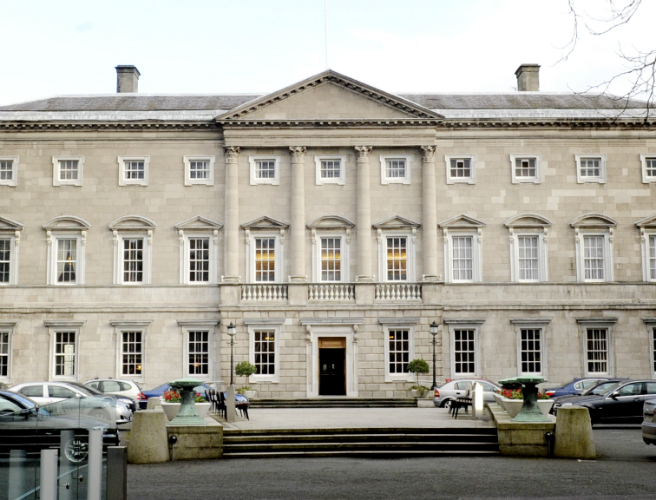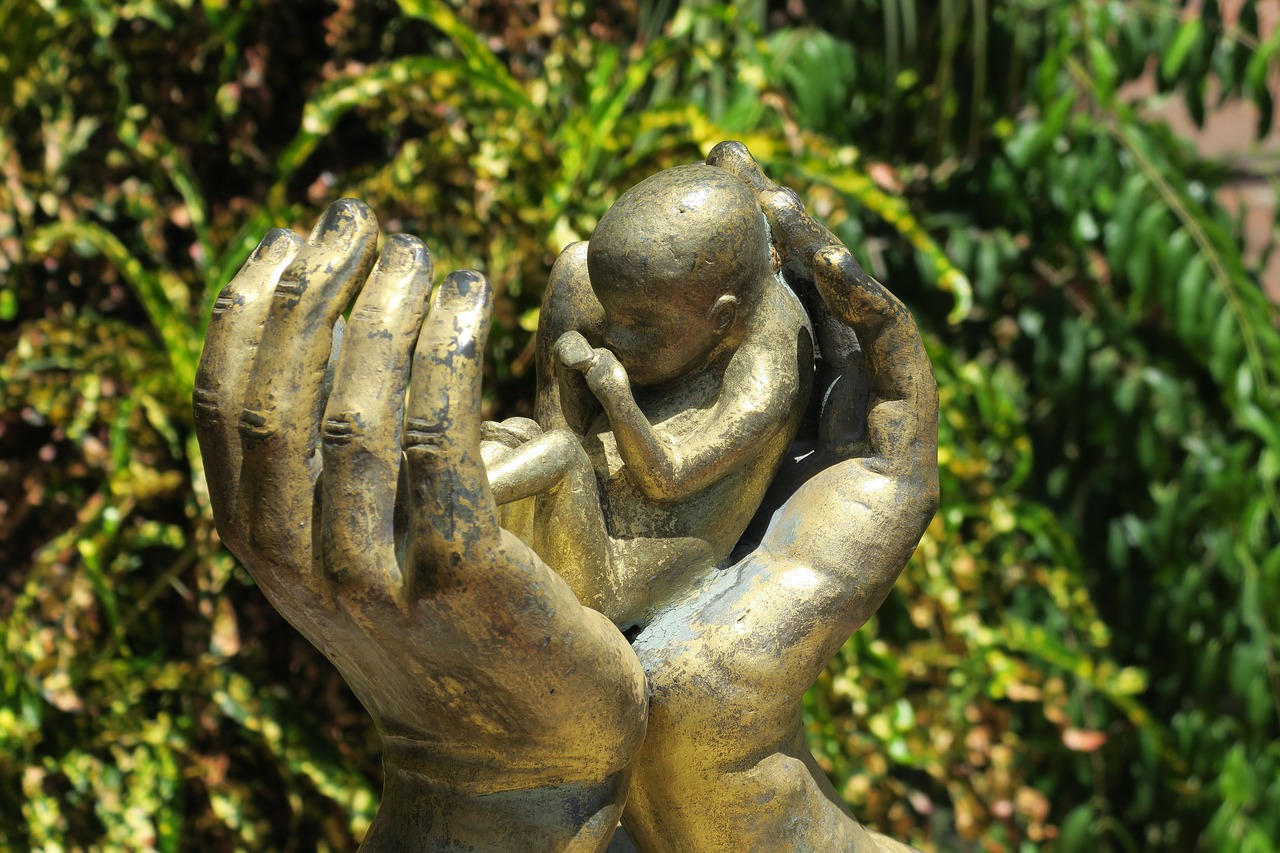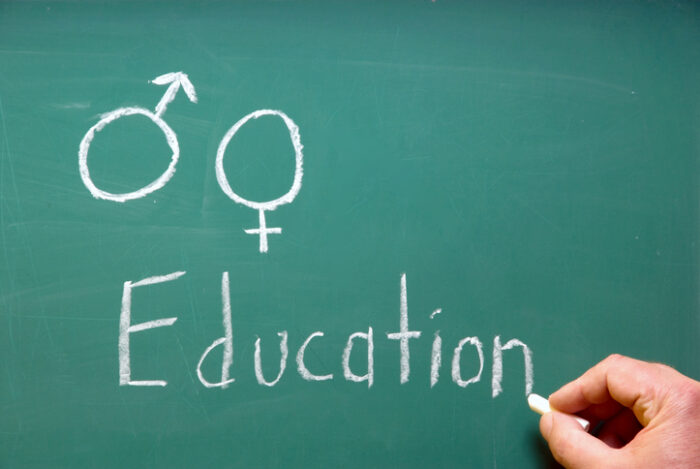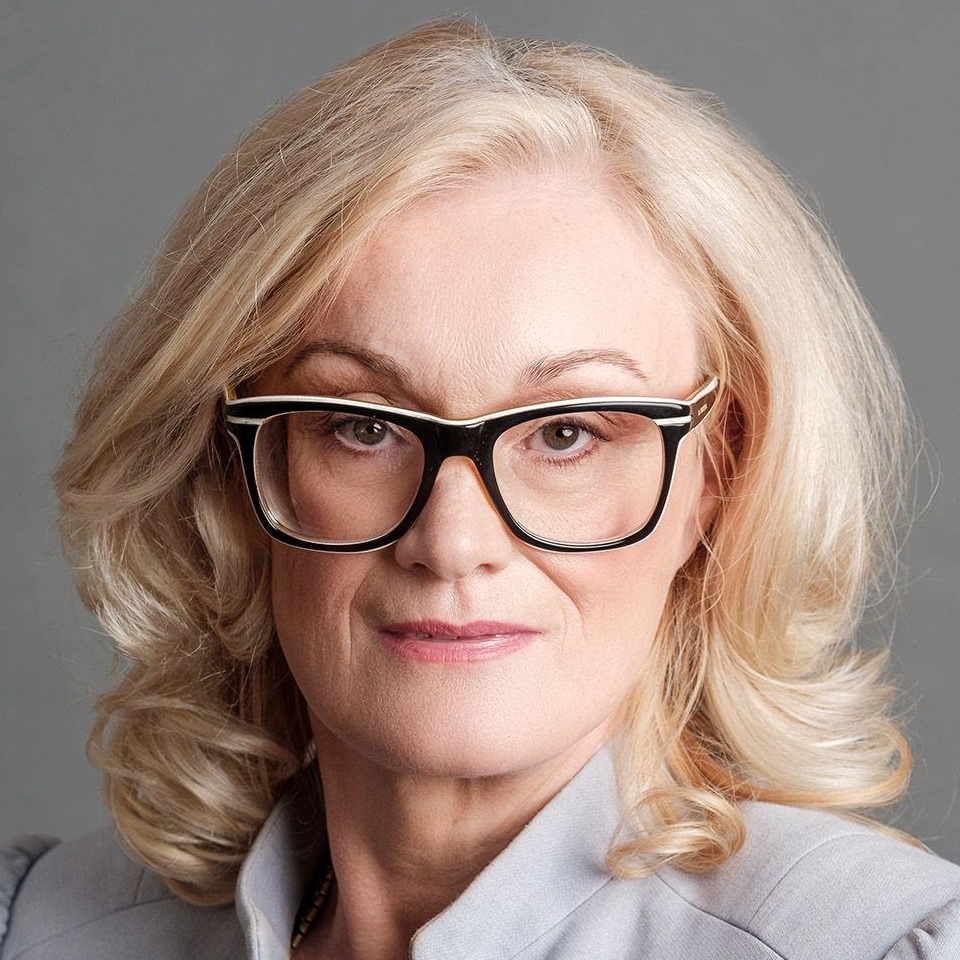
Afghanistan, Russia and Nigeria feature prominently in a new report on religious persecution.
The United States Commission on International Religious Freedom (USCIRF) released their 2022 report this week.
It focused on the “chilling” plight of religious minorities in Afghanistan. The cover of this year’s report shows images from the Middle East nation – a crowd of women protesting the Taliban, people around a ravaged and bloodied house of worship, and a line of families flanked by soldiers boarding a plane to flee.
For Christians specifically, Nigeria was highlighted as a big concern. The report notes both state and nonstate actors – such as extremist groups Boko Haram and the Islamic State in West Africa Province (ISWAP) – committing egregious violations.
Russia and China were also identified as posing a threat to Christians. Specifically, the Russian invasion of Ukraine causes a risk to non-Russian Orthodox Christians, given the way they were treated when Russia previously invaded Crimea and parts of Eastern Ukraine. And in Russia itself, the government supports legislation that persecutes religious minorities including Protestants, Muslims, Jehovah Witnesses, Falun Gong and the Orthodox Church in Ukraine.
“Russia is one of the worst violators in the world for religious freedom. We have seen an increase in harassment of religious minorities in Russia, and we would only expect that to continue,” Nadine Maenza, the commission chair, told Crux.

Having “the smell of sheep” for one military chaplain serving in Ukraine has now means being surrounded by the smell of burned homes and lives. Pope Francis has previously said priests should “be shepherds with the smell of the sheep”.
“Every city has its own smell of suffering. It can’t be described. The church here must become saturated with this smell and stay close by with different ways of helping,” said Father Oleksandr Khalayim, in an interview with Vatican News.
The priest is a military chaplain and a papal missionary of mercy serving in a Diocese in the southwest of the country near the border with Moldova and Romania. He was in Rome for an April 23-25 World Meeting of Missionaries of Mercy.
Asked how he brings mercy and forgiveness as a chaplain to a war zone, Khalayim told Vatican News that forgiveness may take “three or four generations.”
“For me, right now it is hard to talk about forgiveness if bombs keep coming, if children are still being killed, if our cities are still being bombed,” he said. “To forgive what women and children have suffered through is truly difficult.”
As a missionary of mercy, he said when he speaks with soldiers, he explains that mercy means asking them not to kill if it is possible. But that is not easy for those on the frontlines who are defending their country.
“Even this is mercy — to defend your home and family,” he said.

Politicians heard calls for making abortion even more easily available, including extending the current 12-week limit to allow abortions on request “up to viability”. The vast majority of abortions take place in the first 12 weeks of pregnancy.
The National Women’s Council (NWC) and the Irish Family Planning Association (IFPA) suggested the changes when representatives appeared before the Oireachtas Health Committee yesterday.
The committee meeting came amid a separate ongoing review of Ireland’s abortion laws chaired by barrister Marie O’Shea with a report due to be delivered to Government later this year.
NWC’s director Orla O’Connor told the committee three areas need to be addressed in her view: the “restrictive legal framework” for abortions; poor national coverage; and an absence of “robust data collection”.
Ms O’Connor’s opening statement said the current law “acts as a gatekeeper creating a series of obstacles that prevent access to abortion, disproportionately affecting the most marginalised”.

Wednesday marked the 54th anniversary of Great Britain’s Abortion Act coming into effect in 1968.
Since then, a staggering 9,900,961 unborn babies have lost their lives to abortion across England, Wales, and Scotland — in 2020, more than one baby was lost to abortion every two and a half minutes; 25 lives were ended every hour.
Over 1 in 4 (25.2%) pregnancies in England and Wales now end in abortion, according to the most recent Government statistics.
The number of abortions in England and Wales reached a record high with 210,860 taking place in 2020, while the number performed in Scotland was the second-highest on record at 13,815.
This significant rise in abortions accompanied Governments introducing a temporary measure in March 2020 allowing ‘DIY’ home abortions in England and Wales, and Scotland.
Abortion statistics released by the Department of Health and Social Care show that 209,917 abortions were performed for English and Welsh residents in 2020.
This is 2,533 more than in 2019, which was until now the highest number on record.

‘Education Equality’ spokesperson David Graham believes that the religious ethos of Lacken National School in Blessington was at the root of the advice. He told Newstalk Breakfast that a majority of parents at the school last year signed a letter calling for Relationships and Sexual Education (RSE) to be “fact-based” and “free from the influence of religious ethos”.
He added that the school’s idea of contacting parents when a child asks a question about contraception or same sex relationships is ‘totally inadequate’.

A priest in France was stabbed multiple times but was saved by the intervention of a 72-year-old nun who has been praised for her “extraordinary courage” after stopped the attacker going further at a church in Nice, in the southeast of the country.
She received a wound to the forearm and was taken to a hospital along with the 57-year-old priest.
Father Rudziński, originally from Suchowola, northeastern Poland, is believed to have been stabbed up to 20 times, mainly in the chest.
The Diocese of Nice said in a statement that neither the sister nor the priest suffered life-threatening injuries in the incident, which police said was not related to terrorism.

The number of reported cases of sexually transmitted infections (STIs) has risen significantly since Covid-19 restrictions were lifted.
At least 45pc more cases are being reported now compared with a year ago.
Figures provided to the HSE by the Health Protection Surveillance Centre (HPSC) that cover the first 12 weeks of the year show HIV diagnoses are up more than 84pc from 71 to 131 and gonorrhoea cases are up more than 61pc from 368 to 594. Reported chlamydia cases went from 1,441 to 2,075, an increase of 44pc, and syphilis was up more than 30pc, from 159 to 207 cases.
The HPSC said the number of chlamydia and gonorrhoea cases includes some batch notifications of cases confirmed through the online STI testing service that may contain some numbers from last year.
An HSE spokeswoman said that with restrictions lifted and social activity increasing, it is expected sexual activity will “have returned to pre-pandemic levels, resulting in an increase in the numbers of people in need of or seeking STI testing”.
On the increase in testing availability, she said: “As normal services resume, there is at least an expectation that increased testing will bring increased diagnoses.”

Vulnerable children are wrongly being given gender hormone treatment by the NHS, the UK’s Health Secretary believes, as he prepares to launch an urgent inquiry. Irish children are sometimes taken to British clinics for such treatments at the expense of the HSE.
Sajid Javid thinks the system is “failing children” and is planning an overhaul of how health service staff deal with under-18s who question their gender identity.
Javid is understood to have likened political sensitivities over gender dysphoria to the fears of racism in Rotherham over grooming gangs mostly run by men of Pakistani descent.
Critics have accused England’s only specialist services for children with gender dysphoria of rushing the underage patients into life-altering treatment and being too willing to give puberty blockers to young teenagers.
Hilary Cass, a former president of the Royal College of Paediatrics and Child Health, has been leading a review into NHS gender identity services for children. In interim findings last month, she said children were being affected by a lack of expert agreement about the nature of gender identity problems, a “lottery” of care and long waiting lists.
Javid is said to be particularly alarmed by her finding that some non-specialist staff felt “under pressure to adopt an unquestioning affirmative approach” to transitioning and that other mental health issues were “overshadowed” when gender was raised.

The US Supreme Court heard arguments yesterday on the case of a high school football coach fired from his job for having allegedly prayed with his football players after a game. The court’s decision, expected by June, could revise earlier understandings about when prayer is permitted in public schools, the rights of government employees and what counts as pressuring students to participate in religious activities.
Joseph Kennedy in Bremerton, Washington State, would habitually kneel and offer prayers after games. As time went on, many of his players joined him in the routine. But after the school board in Bremerton, Wash., told him to stop mixing football and faith on the field, he left the job and sued, with lower courts rejecting his argument that the board had violated his First Amendment rights.
He says he sought only to offer a brief, silent and solitary prayer, little different from saying grace before a meal in the school cafeteria. However, from the school board’s perspective, the public nature of his prayers and his stature as a leader and role model meant that students felt forced to participate, whatever their religion and whether they wanted to or not.

A meeting of the Oireachtas Committee on International Surrogacy was suspended twice after a Senator was attacked for questioning witnesses about criticisms that commercial surrogacy involves the commodification of children and the exploitation of women.
The committee met on Thursday morning to hear from parents who engaged in international commercial surrogacy.
Independent Senator Sharon Keoghan said she “wholeheartedly objects to the commercialisation of the human child and the relegation of women to the status of simply incubator or wombs for hire irrespective of whether you are heterosexual, single, lesbian gay or trans”.
“Surrogacy I believe is harmful, it is exploitative and it is unethical. I don’t believe it is everyone’s right to have a child. It is a privilege to give birth and it can be dangerous even to those with the best medical attention.”
She said she did not want to see the birth mother “airbrushed” or “whitewashed” out of the process.
Senator Lynn Ruane said it took an emotional toll for the witnesses to tell their story.
She told Ms Keoghan to “check your Christian values when you walk in every day. Respect, compassion, love. You don’t show it. You are crude and cold, and it is not OK.”
Ms Keoghan replied that Ms Ruane’s comments were “very personal” and said “this is not an echo chamber for one view. It has to be a chamber for all views”.
Sinn Féin TD Kathleen Funchion, who was chairing the session, suspended the meeting after she demanded that Senator Keoghan apologise to a witness for saying he was “lucky” to be there given the potential countervailing witnesses the committee refused to hear from.